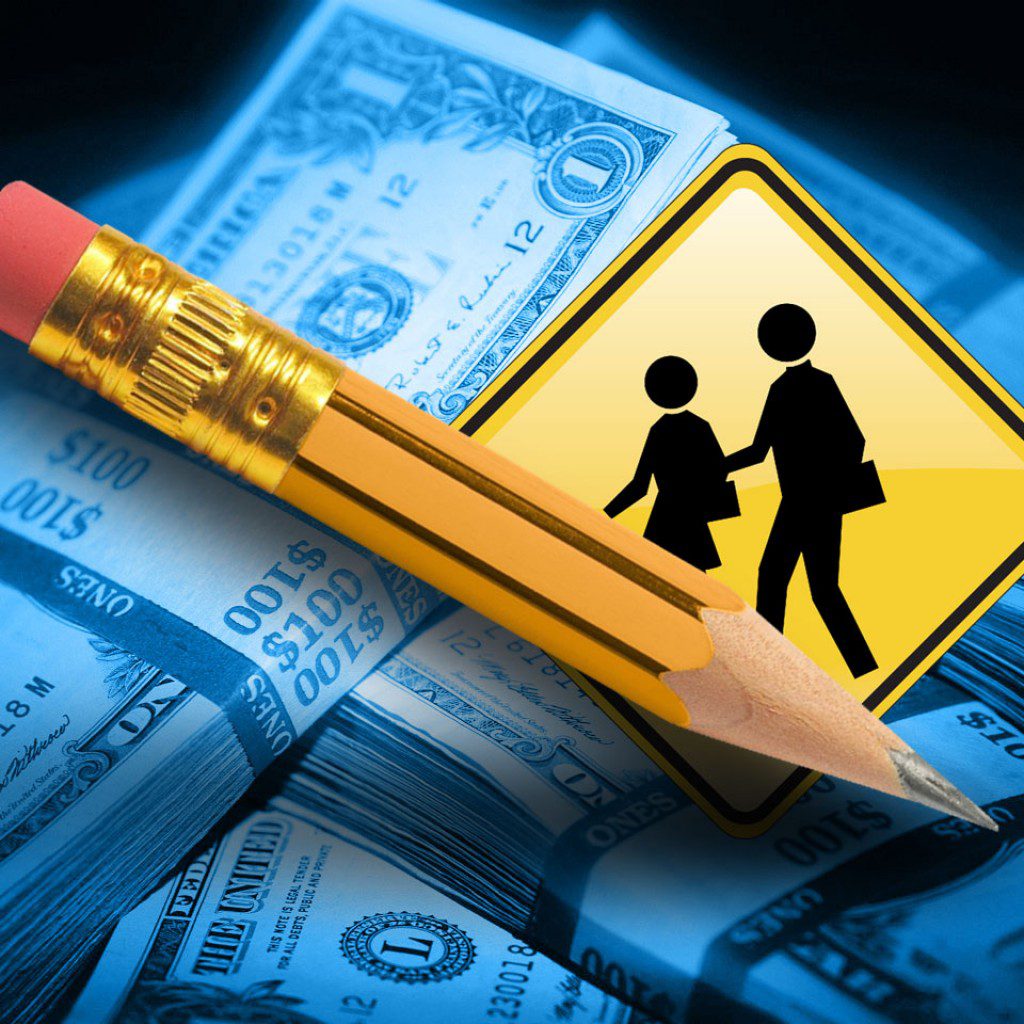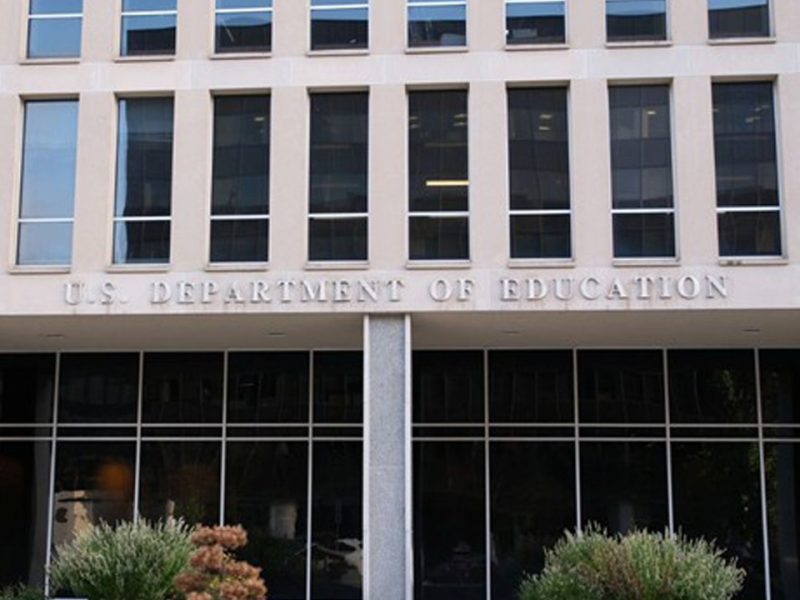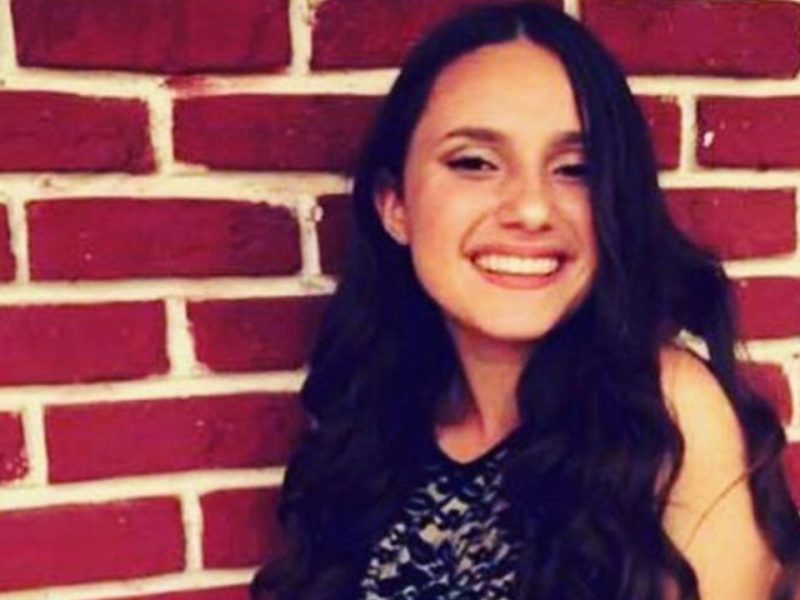Bill that directs more local districts’ taxes to charter schools headed for final House passage
Florida Politics | By Anne Geggis | April 25, 2023
Using current figures, the bill would mean charter schools would get $490M annually that’s now going to public schools’ capital expenditures.
Legislation that would transfer hundreds of millions of dollars from traditional public schools to charter schools’ capital budgets by 2028, is ready for final House approval.
Republican Rep. Jennifer Canady’s bill (HB 1259) made it through the introduction and second reading largely untouched despite Democrats’ attempts to amend the bill.
Democrats pitched changes from nonpartisan entities such the Legislature’s research office and the Marjory Stoneman Douglas High School Public Safety Commission, which found that the current setup for funding capital costs is not enough to cover traditional public schools’ capital needs.
Canady said the bill is about fairness when it comes to public support for costs such as building construction and school buses.
“Public charter school students have received significantly less capital outlay funding per student, averaging less than half as much as (traditional) public school students,” Canady said. “The bill shares 1.5 mils of local property tax revenue, ensuring fairness for all public school students.”
Democrats said that sounds good — until you consider the practical matters involved with taking some $490 million a year that would have otherwise gone to buildings that taxpayers own and distributing it to charter schools based on student enrollment rather than actual capital needs.
The bill provides for school districts to phase-in the effects of the bill. For the first year, $55.9 million in taxes raised would go to charter schools. Based on current numbers, however, the full force of the legislation would mean $490 million gets distributed to charter schools next year.
And Democrats raised the alarm about how it’s going to work, especially since Arizona’s experience with universal school choice has resulted in many charter schools opting to become private schools.
Democratic Rep. Marie Woodson of Hollywood proposed an amendment stipulating that any charter school that converts to a private one would have to pay back the amount of capital outlay funds that were received.
Canady said it was an unfriendly amendment.
“Current law provides and this bill requires that charter schools if they are not renewed or terminated, any unencumbered funds and all equipment and property purchased with public funds revert,” Canady said.
Weston Democratic Rep. Robin Bartleman said that just doesn’t work.
“When you put $100,000 into a leased building’s roof, I don’t think the school district is getting that roof back,” Bartleman said. “This hurts the taxpayers and this hurts traditional public school students.”
The amendment failed.
The bill could move to final passage as soon as Wednesday. Similar legislation (SB 1328) is making its way through the Senate, on the Senate floor, placed on the calendar for a second reading.
Democratic Rep. Ashley Gantt of the Miami area introduced an amendment that would have charter schools go through a needs assessment.
“Charter schools are not currently required to participate in the same needs assessment survey as traditional public schools,” Gantt said.
“This means that the state does not have a clearer picture of the needs of the charter school. What my amendment does is it requires charter schools to create a comprehensive five-year needs assessment survey to establish the same accountability measures that we have for public schools.”
Bartleman said it makes sense — and it’s in line with a recommendation from the Office of Program Policy Analysis and Government Accountability.
“When you have a five-year needs assessment, you’re making sure that the charter schools that need the most help will get their needs met,” Bartleman said.
That amendment also failed.






